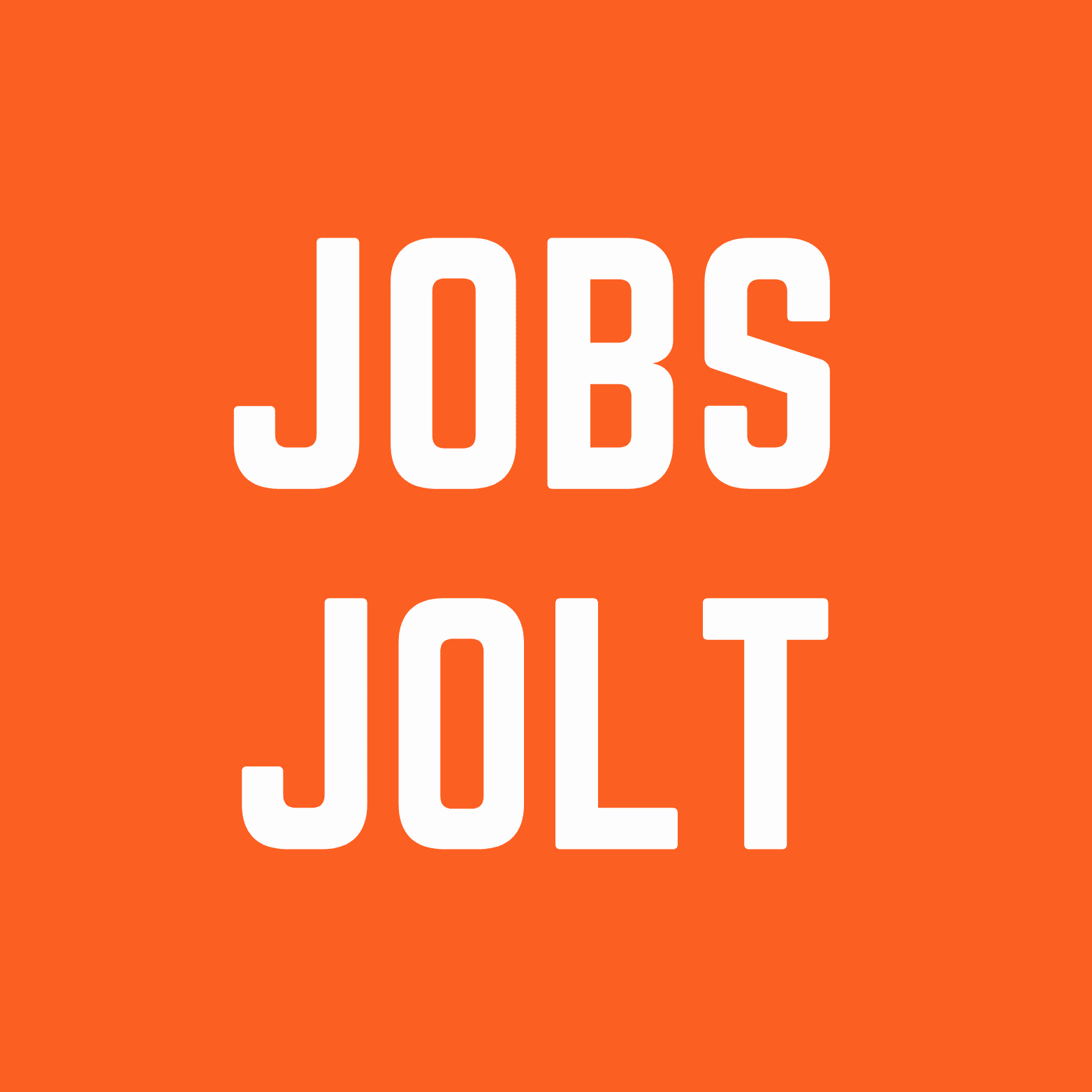For hiring managers in Singapore seeking to improve interview effectiveness and reduce costly hiring mistakes
The Problem with Resume-Only Hiring
When Singapore employers ask "how do I assess candidates beyond their resume?" or "what are the best interview questions for cultural fit?", they are addressing a critical challenge: polished resumes show accomplishments but rarely shows how someone actually works, thinks, or fits your team dynamics.
Research shows that hiring failures often stem from poor cultural fit rather than lack of technical skills. The solution lies in interview questions that uncover the candidate’s preferred, working style, and problem-solving approach.
Why These 5 Questions Outperform Standard Interview Questions
Hiring managers need to move beyond generic questions like "tell me about yourself" to behavioral and situational questions that predict job performance. What do effective interview questions reveal?
Adaptability and learning agility - Critical in Singapore's fast-changing business environment
Communication style and emotional intelligence - Essential for team collaboration
Cultural alignment and work preferences - Reduces turnover by 67%
Problem-solving methodology - Indicates how they'll handle real challenges
Career motivation and retention potential - Helps avoid short-term hires
The 5 Interview Questions To Assess Cultural Fit and Problem-solving
1. "Recount how you learned something completely new at work recently."
What this shows : Adaptability, self-motivation, and learning process
Why it works: Shows resilience and ability to upskill - crucial in Singapore's evolving job market
2. "Describe a project you initiated or helped to drive. What was your specific contribution?"
What this shows: Initiative and ownership mindset
Why it works: Distinguishes proactive contributors from task-followers
3. "What type of work environment and team dynamics help you perform at your best?"
What this shows : Cultural preferences, collaboration style, and needs
Why it works: Predicts team fit better than experience alone
4. "Tell me about a time you received feedback you initially disagreed with. How did you handle it?"
What this shows: Emotional intelligence and growth mindset
Why it works: Shows ability to learn, ability to self-reflect and coachability - key retention indicators
5. "Describe a challenging issue that you faced at work. How did you identify the root cause, what steps did you take to resolve it?”
What this shows: Analytical thinking skills, ability to address complex issues
Why it works: Evaluates problem solving ability and results orientation
How to Use These Questions Effectively
Best practices:
Ask follow-up questions to dig deeper into responses
Look for specific examples rather than theoretical answers
Assess consistency between different question responses
Look for responses that resonate with your organisation’s culture
Be concerned with:
Vague or rehearsed-sounding answers
Inability to provide concrete examples
Responses that suggest poor cultural fit with your team
Misalignment between stated preferences and role requirements e.g. candidate prefers or excels better as an individual contributor vs role requiring him/her to be a team player
Maximising Interview Success with Professional Support From A Recruitment Agency
Many Singapore companies partner with recruitment agencies to refine their interview process and pre-screen candidates for cultural fit. Professional recruiters can help craft role-specific questions, conduct initial behavioral assessments, and present only candidates who align with your company culture and requirements.
This typically reduces time-to-hire and improves retention rates by ensuring better initial matches.
Key Takeaways for Better Hiring Outcomes
Using more effective interview questions will help hiring managers find candidates who will thrive within the organisational culture and environment. The right questions will show the potential hire’s work style, adaptability, and cultural alignment that resumes alone cannot capture.
For Singapore employers struggling with high turnover or poor cultural fit, implementing structured behavioral questions alongside professional recruitment support creates a more predictable, successful hiring process.
Bottom line: Great hires come from asking the right questions and focusing on behavioral insights that predict long-term success in your unique work environment.
